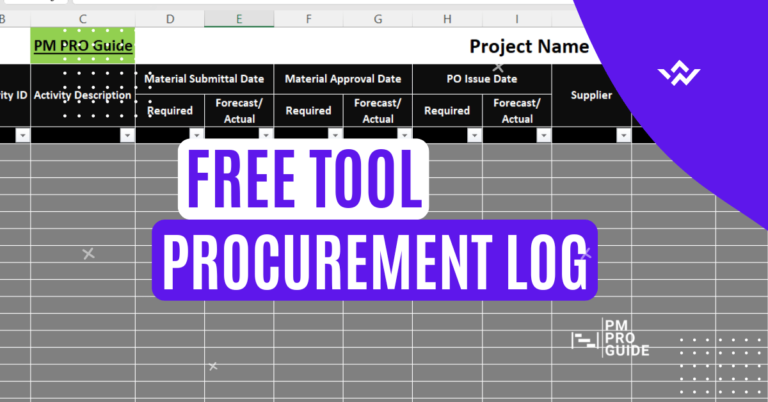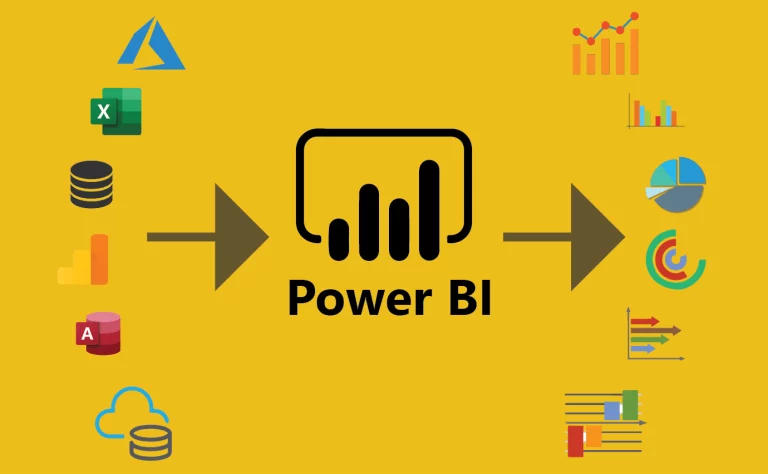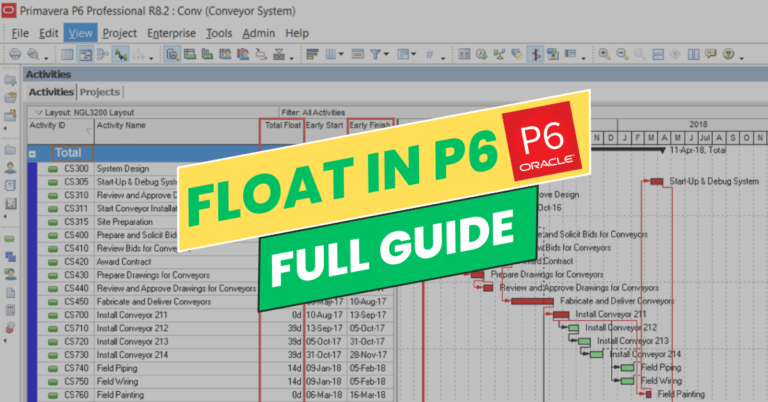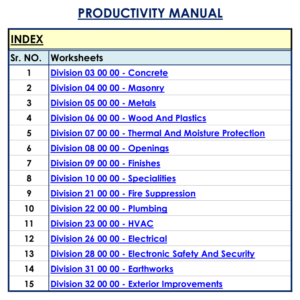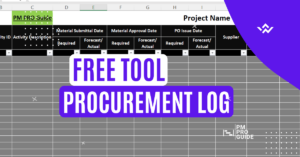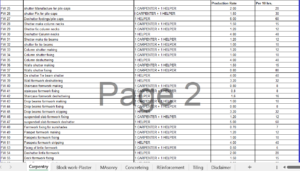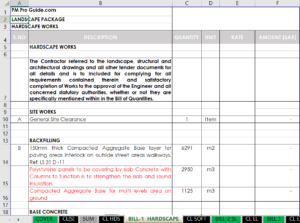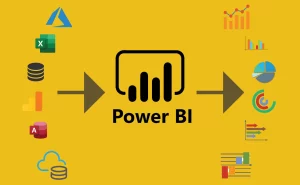If you’re a project manager, you’ve likely heard of the Project Management Professional (PMP) certification. It’s been around for decades and is widely regarded as one of the most prestigious project management certifications in the world.
But with the rise of new methodologies and technologies, you may be wondering: Is PMP still worthy in 2023? The short answer is yes. In fact, the demand for PMP-certified project managers is higher than ever before.
In this ultimate guide to the PMP certification, we’ll dive deep into what it is, why it’s important, and provide you with tips and tricks to help you ace the exam.
Introduction
Project management is a complex and demanding field that requires a combination of technical and interpersonal skills. One way to demonstrate your proficiency in this area is through earning a Project Management Professional (PMP) certification. In this post, we’ll explore what PMP certification is, why it’s important, and share some tips and tricks to help you prepare for and pass the PMP exam.
What is PMP Certification?
The PMP certification is a globally recognized credential that demonstrates your knowledge and skills in project management. It is offered by the Project Management Institute (PMI), and requires passing an exam that covers topics such as project integration, scope, time, cost, quality, human resources, communication, risk, procurement, and stakeholder management. In addition, you must meet certain education and experience requirements to be eligible for the exam.
Why is PMP Certification Important?
There are several reasons why earning a PMP certification can be beneficial for your career. Firstly, it can improve your credibility and marketability as a project manager. Employers often look for candidates who have a PMP certification as it indicates that they have a demonstrated level of knowledge and experience in project management. Secondly, PMP certification can help you earn a higher salary. According to PMI’s Salary Survey, PMP certified professionals earn on average 22% more than their non-certified peers. Finally, PMP certification can provide opportunities for professional growth and advancement, as well as access to a global network of project management professionals.
Tips for Preparing for the PMP Exam
Preparing for the PMP exam can be daunting, but there are several tips that can help you succeed. Firstly, ensure that you meet the education and experience requirements before applying for the exam. Secondly, familiarize yourself with the PMP exam content outline and create a study plan that aligns with it. Use study materials such as books, online courses, practice exams, and study groups to reinforce your learning. Finally, practice time management and test-taking strategies to increase your chances of success.
Tricks for Passing the PMP Exam
Passing the PMP exam requires more than just knowledge of project management concepts. It also requires effective test-taking strategies. Here are a few tricks that can help you succeed on the exam. Firstly, read each question carefully and look for keywords that can help you determine the correct answer. Secondly, eliminate obviously wrong answers to narrow down your options. Thirdly, manage your time effectively and budget your time wisely to ensure you have enough time to answer all the questions.
Conclusion
Earning a PMP certification is a great way to demonstrate your proficiency in project management and advance your career. By following the tips and tricks outlined in this post, you can prepare for and pass the PMP exam with confidence. Good luck!



